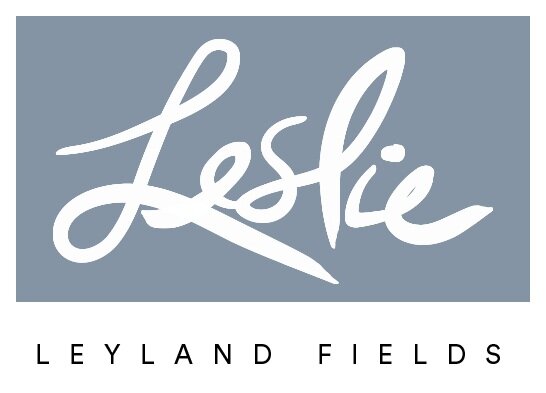Island to Island, Denali Bear Killing+Why We Cant Get Out of the Way
This week, we packed up our stuff and returned to Kodiak, flying from one small island, population 8, to Kodiak Island, population 15,000. Our luggage is cardboard boxes lined with garbage bags (for rain and ocean spray) and cooler chests---the elite Alaskan bush luggage.
We traveled from house to beach to skiff to beach to van to airstrip to plane to van to home---our fancy luggage handled and hauled every step of the way, all 800 pounds of it. (It's weighed because the plane, an Islander, carries 1500 pounds. We weigh everything that goes aboard, including ourselves!)
What was all that stuff? Books, cameras, research materials, clothes, sneakers, frozen meat, stuffed animals, fresh made jams, smoked salmon, halibut. My own carriage of freight was made more difficult and perilous by the camera hanging off my neck and the video camera in my side pocket.
By the time we finished the haul from one island to another, I wondered: how much of this did we really need?
This last week, a man lost his life in Denali National Park to a bear. Most chilling of all, the footage on his camera that revealed he was just 150 feet away. The last frames show the bear looking directly at him, approaching aggressively. I am deeply sorry and sympathetic for this tragedy. I have no words of condemnation or judgment. It could have been any of us.
I know what happens when I hold a big-lens camera to my eyes---how transported I am. I’ve stood 100 feet from Kodiak bears catching salmon in a river. The camera works dangerous miracles. Distance, time, space----all is altered. The sharp wizardry of the camera and my 300x lens masters distance with a twist of my wrist. I am fooled. The camera brings me so close to bears, to eaglets, to a reef laden with sea lions, I forget I don’t belong. I am brought so near, I lose my place, my footing, my judgment. I forget that in simply observing the wild, I am intruding upon the wild.
My camera makes me feel safe. Behind its body, I feel shielded, removed. Looking through the viewfinder, I imagine seeing these images later in my living room, curled up on the couch with my family. In snapping the shutter in the moment, I am capturing images that I can manipulate a dozen ways, and that I can save for decades. Whom or what shall I fear?
What do I say then? I know what many say, that we needn’t travel through life with so many boxes, so much luggage, with a backpack full of cameras and high powered lenses. Travel light. Need little. Look with your eyes only. But I will argue for the camera still. Even the zoom lenses. Even with this recent death.
We all need ways to get out of our own way. Especially when traveling. This is one of our primary human tasks: to de-center ourselves, to lose ourselves, to remove ourselves from the oppressive “I” of the universe—the source of so much of our blindness.
There are a multitude of ways to do this. The camera, for me, is one. (Books are another.) Here then are my hopes for us all:
I hope that any future deaths that come with camera-in- hand are metaphorical, not actual-physical.
I hope that with lens to our eyes, we will not be fooled into believing we belong with the bear, the eaglets, the sea lions.
I hope we will remember we are not safe, ever.
I hope that divesting ourselves of ourselves, truly seeing the other---animal or human---WILL threaten us.
I hope we will continue to travel as heavily as we need
to truly see.
For then we are found.








